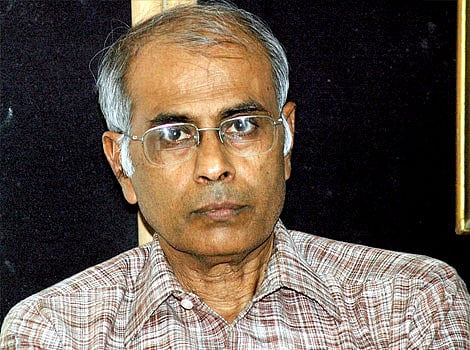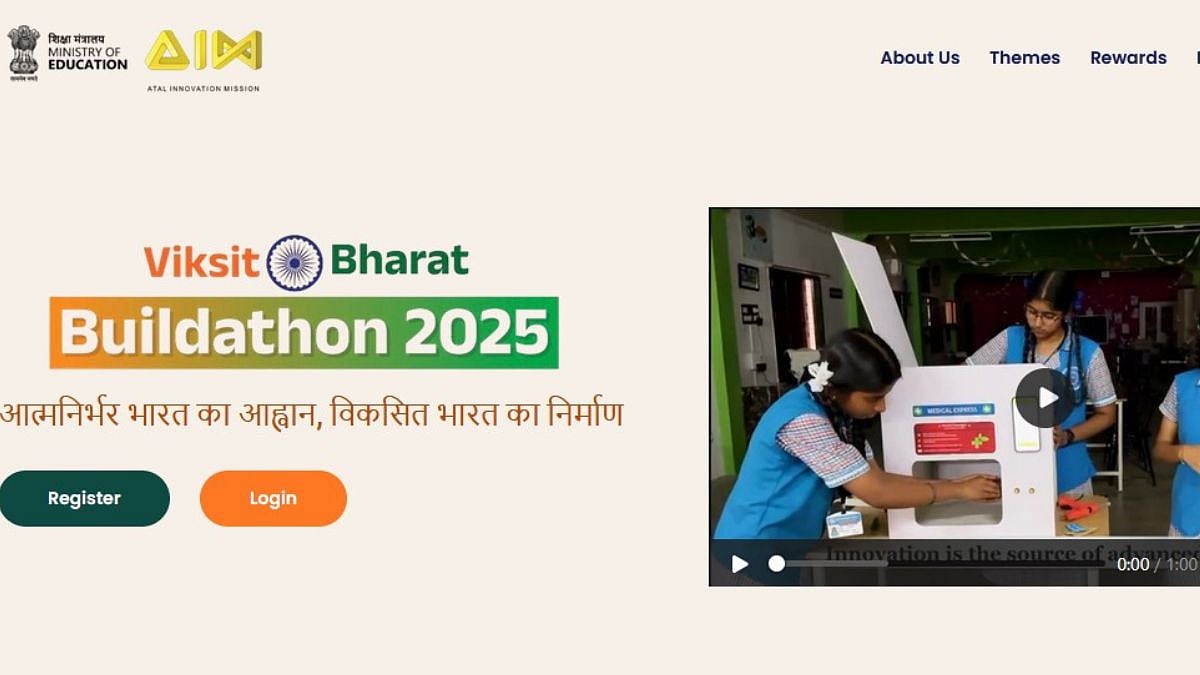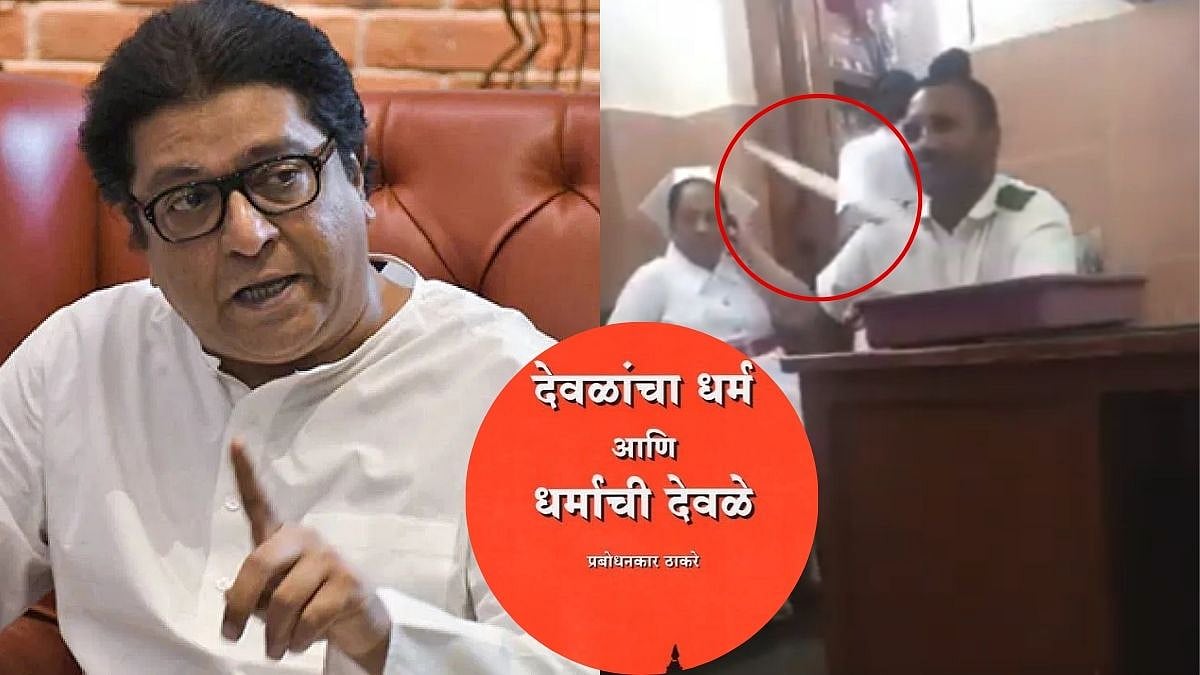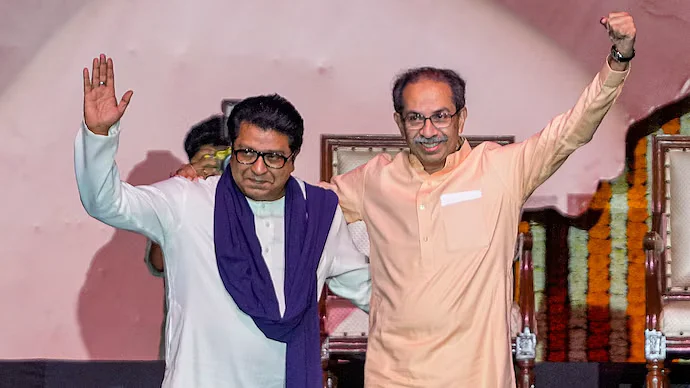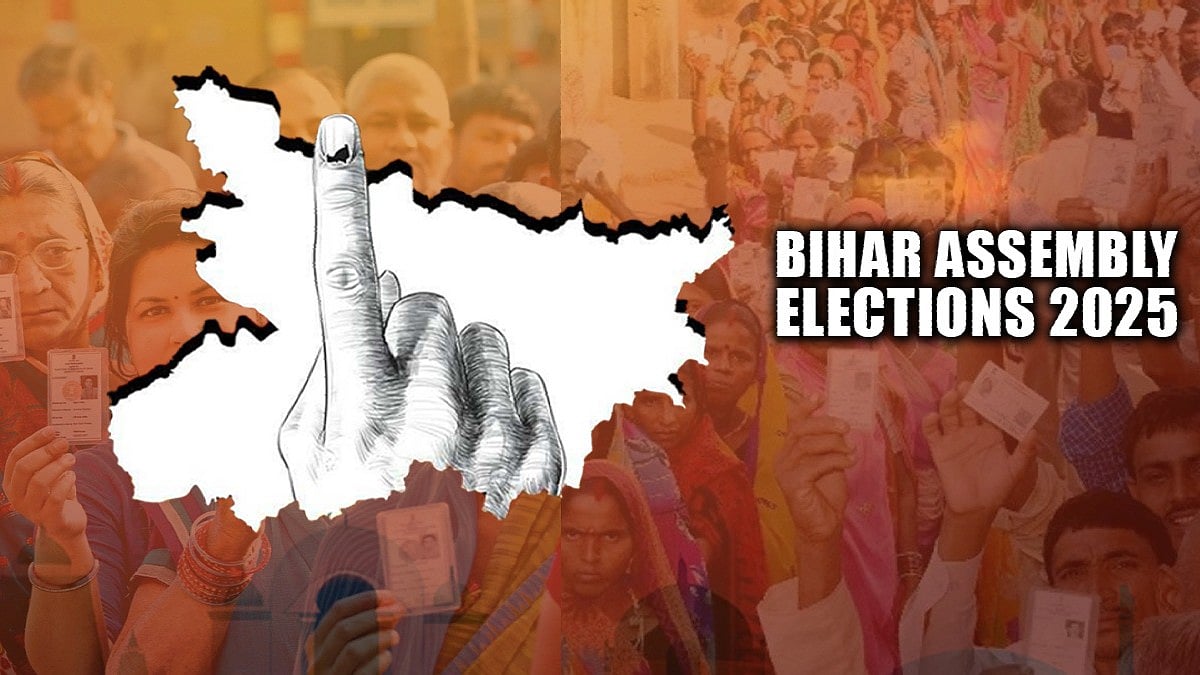We are not a society that wholeheartedly believes in rational ideas. A personal belief is, to some extent, excusable. When it becomes institutional, or organisational, or social and affects the lives of others or even results in death, then it is dangerous and has to be fought.
In the 1960s and ‘70s, we often heard the name of Abraham Kovoor. He was a rationalist from Kerala, whose mission in life was to expose self-styled godmen, by showing that many of their ‘miracles’ were little more than magic tricks.
He constantly toured the country and claimed that no one had supernatural powers; these were just sleights of hand, by which someone pulled out either jewellery or ash from thin air. He wrote several books—Begone Godmen was his most famous – and threw down a challenge-he would pay Rs 100,000 to anyone who could demonstrate miraculous powers under fool-proof conditions. No one picked up the gauntlet and the money went unclaimed.
Despite his life’s work and his books, Kovoor did not succeed in pulling away people from godmen and women. If we look around us, not only have the population of these miracle workers increased, their followings too have grown exponentially. Those who want to follow are not likely to pay the slightest attention to rationalists, however sensible their claims may be.
Yet, we are now seeing another worrisome trend lately. The work of rationalists is beginning to worry certain elements enough for them to hit back.
The most famous case is that of Dr Narendra Dabholkar, who was a life long opponent of superstition and a proponent of rational ideas. In August 2013, he was shot dead at point blank range while on a morning walk. The assailants fled away on a motorcycle.
Within four days of his murder, the Anti Superstition and Black Magic Ordinance, which was pending, was promulgated, so in a sense he achieved in death what he fought for when he was alive. The killing shook up the then Maharashtra government and it began an investigation, but there were demands that it be handed over to the National Investigation Agency.
The fears of extreme right wing Hindutva groups, who were disturbed by the work of Dabholkar, were always there and now these fears have been proved valid. In the chargesheet filed by the CBI, the name of Dr Virendra Tawde, who is from the Hindu Janajagriti Samiti, an offshoot of the Sanathan Sanstha, figures prominently. Two others from the Sanstha have been mentioned as the alleged killers. Dabholkar and his work would have been anathema to the Sanstha, a radical outfit that sees all those who ‘contest’ superstitious practices as enemies and demons.
Yet, a Dabholkar by himself cannot achieve much in a society ridden with some of the oldest practices that are still followed in modern India. Recently, an auto driver in Pune committed suicide because he was declared an outcaste by his caste panchayat. His crime? Attending a wedding of a friend of his who married outside his caste. For two years the auto driver pleaded to be let back into his caste fold, because the excommunication meant no one would invite him or his family for weddings or attend any in his family.
Reports suggest there are hundreds of such caste panchayats whose word is law. Dabholkar’s organisation has tried to educate them, arguing that this is against civilised behaviour and has apparently converted a few of them, but old habits die hard.
Lest anyone think that such notions are prevalent only in the smaller villages or towns, there is no dearth of babas and fakirs in the bigger cities who make a tidy living by preying on people’s insecurities.
Old prejudices don’t vanish easily. The description by the British of some tribes being of criminal intent has stuck on nearly 70 years after independence — even the police system abides by those classifications.
The broader point is that we are not a society that wholeheartedly believes in rational ideas. Some of this may apply in other countries too, but a personal belief is, to some extent, excusable. When it becomes institutional, or organisational, or social and affects the lives of others or even results in death, then it is dangerous and has to be fought.
There is no dearth of laws in the country, but laws cannot change social practice, and certainly not overnight. That change is slow and comes about by a combination of legal and social means, aided by awareness campaigns and strict implementation of the law. The arrest of the alleged murderers of Narendra Dabholkar is a good first step; if the government now looks into organisations such as the Sanathan Sanstha and other such bodies, it will further drive the point home — that ancient practices have no place in a modern society.
This is not against one religion or the other — indeed, it is not about religion at all — but against blind faith, especially of the kind that can cause real harm. The sooner such pernicious practices and their canny practitioners are exposed, the better it will be.
